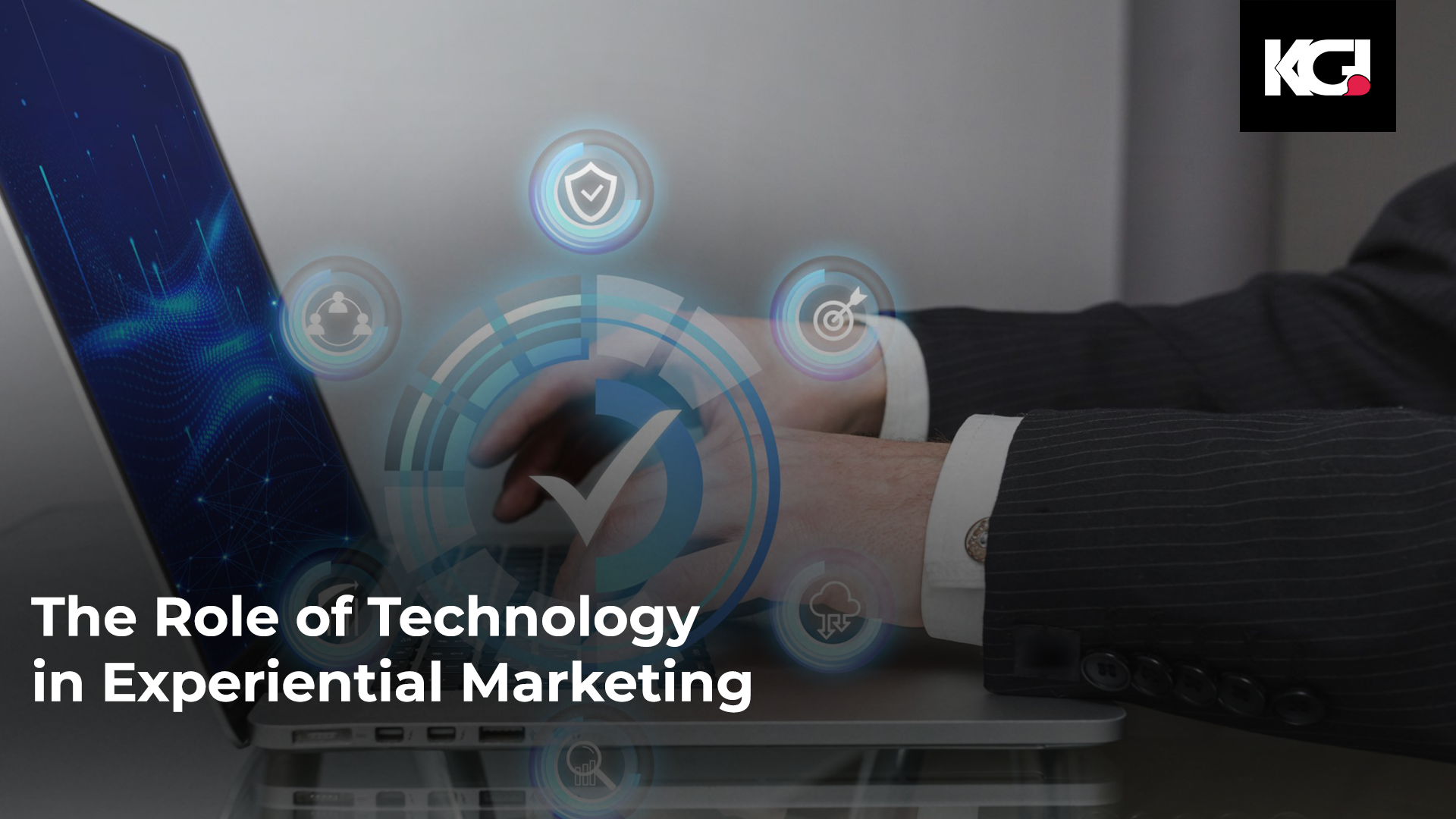Technology plays a pivotal role in shaping and enhancing the field of experiential marketing. Experiential marketing, also known as engagement marketing or live marketing, focuses on creating immersive and memorable brand experiences that deeply connect with consumers. Technological advancements have significantly transformed the way brands engage with their target audience, bringing new dimensions and possibilities to experiential marketing campaigns.
One key aspect where technology has made a substantial impact is in creating interactive and immersive experiences. Virtual reality (VR), augmented reality (AR), and mixed reality (MR) technologies have revolutionized experiential marketing by allowing brands to transport consumers to virtual worlds, overlay digital information on the real world, or blend physical and digital elements seamlessly. This enables brands to create unique and engaging experiences that capture attention and leave a lasting impression on participants.
Another area where technology has excelled in experiential marketing is in creating personalized and customized experiences. Brands can leverage data analytics and artificial intelligence (AI) to gather insights about consumer preferences, behaviours, and demographics. This information can then be used to tailor experiences and messaging to individual participants, creating a sense of personalization and connection.
From interactive touch screens to personalized recommendations based on user preferences, technology enables brands to deliver highly relevant and engaging experiences.
Social media and mobile technologies have also transformed experiential marketing. People are now accustomed to sharing their experiences in real-time on social media platforms. Brands can leverage this by creating shareable moments within their experiential marketing campaigns, encouraging participants to capture and share their experiences on social media. This amplifies the reach of the campaign and extends its lifespan beyond the physical event.
Furthermore, technology enables real-time data collection and measurement of experiential marketing campaigns. Brands can leverage various tracking technologies, such as RFID tags or beacons, to gather data on consumer interactions, dwell time, and engagement levels. This data can provide valuable insights into the effectiveness of the campaign, enabling brands to make data-driven decisions and optimize future experiences.
KGI stands out as a leader in the field of experiential activations, both indoor and outdoor, due to their innovative ideas and professional execution. With a keen understanding of the power of immersive experiences, KGI consistently delivers unique and engaging activations that captivate audiences, generate leads and achieve marketing goals. Whether it’s transforming indoor spaces into interactive brand showcases or creating outdoor installations that leave a lasting impact, KGI’s creative team excels at conceptualizing and bringing ideas to life. They seamlessly blend cutting-edge technology, artistic design, and strategic planning to create memorable experiences that connect brands with their target audience. With a meticulous attention to detail and a focus on delivering exceptional results, KGI ensures that each experiential activation leaves a lasting impression and achieves its intended objectives.
Finally, Technology has transformed experiential marketing by introducing interactive and immersive experiences, personalization, social media integration, and data-driven insights. Brands can leverage technology to create memorable and impactful experiences that resonate with consumers, foster brand loyalty, and drive business growth. As technology continues to advance, the possibilities for experiential marketing will only expand, offering brands new and innovative ways to engage with their target audience.


